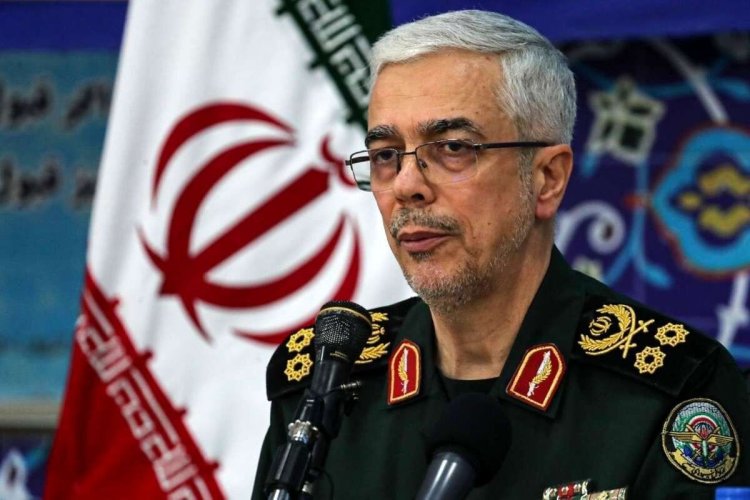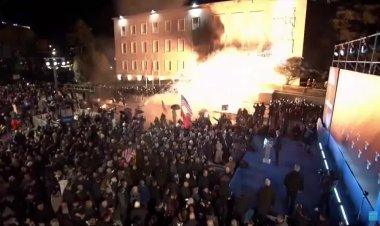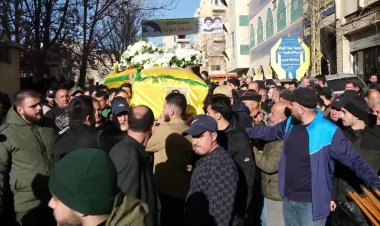Iran warns of stronger retaliation after missile attack on Israel

Iran’s top military general says the country exercised self-restraint after the Israeli regime’s aggression against the country in July but ran out of patience following its assassination of Hezbollah’s secretary general and a top Iranian commander.
Chief of General Staff of the Iranian Armed Forces Major General Mohammad Baqeri made these remarks following Operation True Promise II.
The regime assassinated Ismail Haniyeh, former chief of the Political Bureau of the Palestinian resistance movement Hamas, during a targeted killing in the Iranian capital Tehran on July 31.
Iran’s armed forces chief of staff Major General Mohammad Bagheri threatened to repeat Tehran’s attack against Israel and target its infrastructure.
Bagheri said the operation would be repeated "several times stronger" if Israel retaliated against a missile attack by Iran.
Iran fired more than 180 ballistic missiles at Israel in retaliation for Israel's campaign against Tehran's Hezbollah allies in Lebanon, and Israel vowed a "painful response" against its enemy.
Meanwhile Israeli Prime Minister Benjamin Netanyahu promised that arch foe Iran would pay for its missile attack against Israel, while Tehran said any retaliation would be met with "vast destruction", raising fears of a wider war.
As Washington expressed full backing for its longtime ally Israel, Iran's armed forces said direct intervention by Israel's supporters against Tehran would provoke a "strong attack" from Iran on their "bases and interests" in the region.
Iran's Revolutionary Guard Corps said the assault was in retaliation for Israeli killings of militant leaders and aggression in Lebanon against the Iran-backed armed movement Hezbollah and in Gaza.















